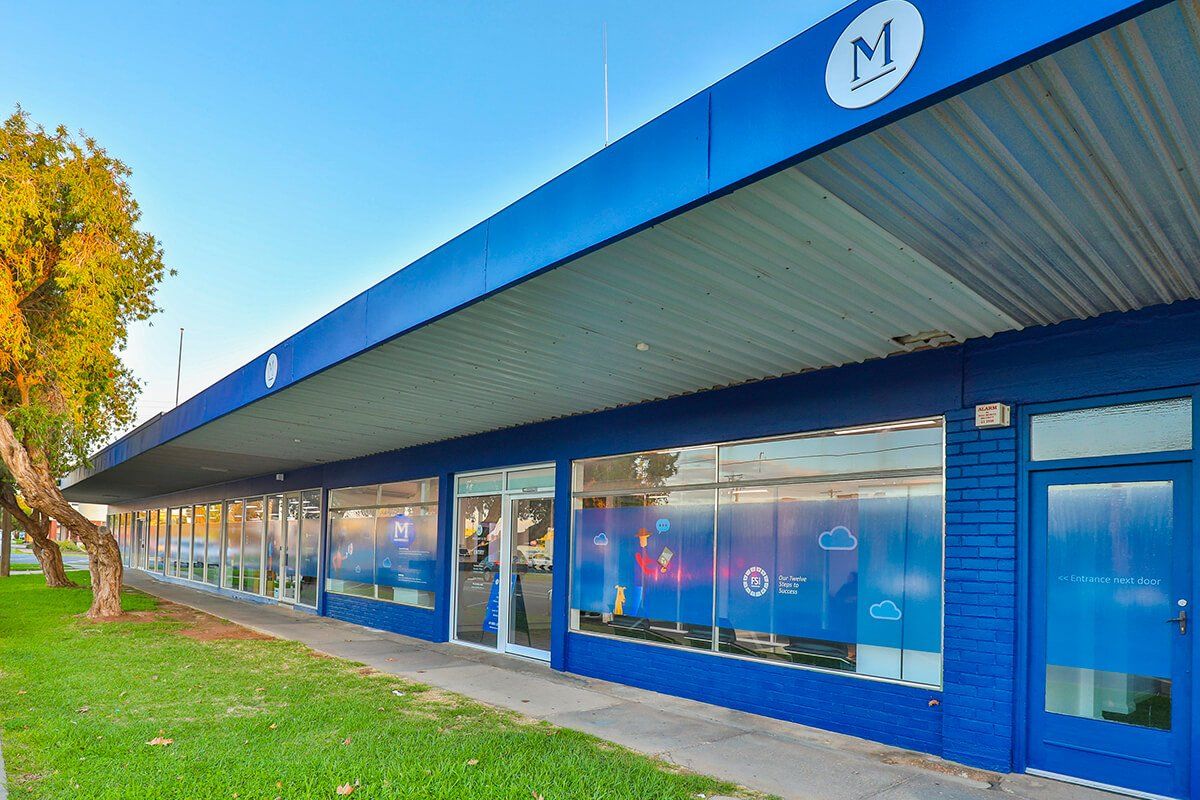Buying Commercial Property - Case Studies
These two case studies are provided to help give you an understanding of the commercial lending landscape. Call our team today to discuss your individual needs.

Case Study 1: Commercial Property Purchase
Scenario
A local Geelong Plumber was looking to purchase a Commercial Property instead of continuing to rent his existing property. He was paying $60,000 per annum in rent and instead of continuing to pay this he decided to purchase a property which will not only benefit his business now but also create a property portfolio for him.
He did not have enough cash to contribute to the purchase without impacting onto the cashflow of the business.
Solution
We were able to find a lender which allowed the cross collateralisation between the family home and the commercial property. Most lenders will only offer a max lending of 65%-70% of the commercial property value but we were able to find a lender to offer 80% plus the remaining 20% to come from the remaining equity in the home.
This is not cashed out against the house but instead the house is used as additional security for the bank against the commercial loan.
Outcome
This has enabled him to essentially continue to pay the “rent” to himself, whilst being able to build his wealth. Instead of paying rent and not getting anything in return, he now has an asset to build on.
He is paying less in repayments than in rent. Rent on the building was $5,000 per month and the repayments on the commercial loan only came to $4,200 per month. This boosted the cashflow and growth of the business.
-------------------------
Case Study 2: Commercial Property purchase in Self Managed Superannuation Fund (SMSF).
Scenario
Husband and Wife team, both receiving wages from their respective employers with around $400,000 in their SMSF.
Their wish was to diversify their SMSF and opted for an industrial property purchase.
Solution
We found a lender which would accept Commercial Property security within a SMSF.
They had enough cash in the SMSF to cover the 25% they had to contribute to the purchase.
Their own super contributions from their employers and the rent paid by the tenant will all go into paying the property down over time. They also have potential tax benefits when selling the property in retirement.
Outcome
Some advantages of the property when compared to a residential property purchase were:
Less outgoings compared to residential property – the commercial tenant typically pays the council rates and utility bills etc.
Less maintenance on an industrial shed compared to a residential house which was one of the other reasons they wanted to go down the industrial property pathway.
Episode 59
Business and Commercial Lending with newly appointed Finance Broker Trent Dimitropoulos from COSIMFREE (part of the Mulcahy & Co Group) located at our Geelong office. Trent and Warren Freeman chat to us about some interesting case studies relating to loans for businesses, SMSFs and commercial property.
Also available on Spotify, Apple & Google Podcasts.
Latest News







